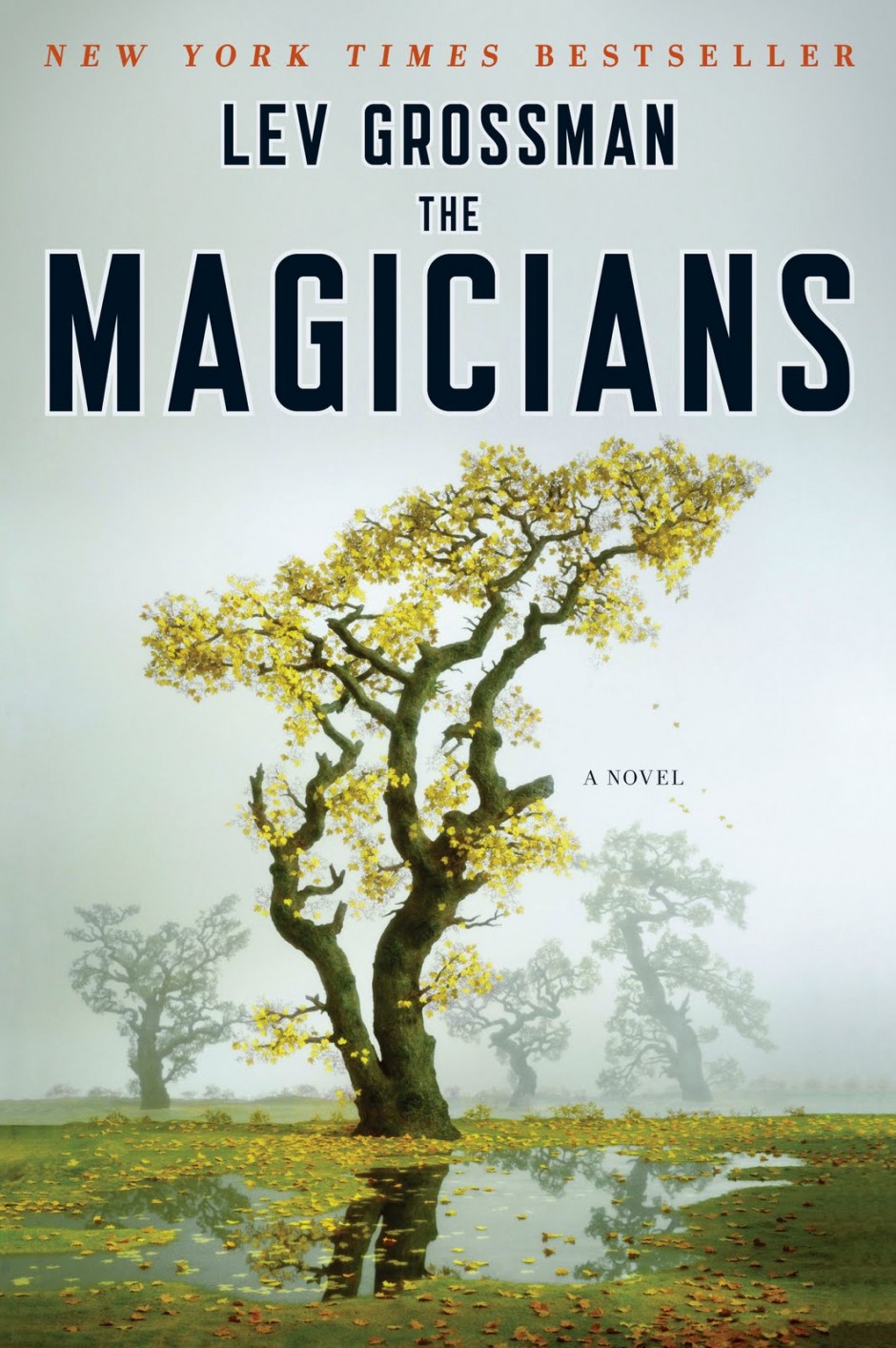My anticipation at reading Lev Grossman’s The Magicians only accentuated my frustration once I did. It had been recommended by people whose tastes I trust and was ultimately such a disappointment. But I’d actually love to be convinced that I’m wrong, especially that the sequels are worth reading. Here are my problems with the book:
First, Grossman needed a better editor. Had I read this before publication I would have given him the same feedback I’ve written on countless papers: “This reads like a rough first draft. There are some good ideas here but it needed at least another revision to bring them out.” I saw this when, repeatedly, Grossman would introduce something seemingly incongruous to the world he’d built so far, then offer an explanation after the fact. The writing pattern served to highlight the invented quality of the work, making it difficult to get wrapped up in the story. Considering that all fantasy authors are now implicitly up against the likes of J. K. Rowling, the demands for seamlessness have increased beyond what I saw here.
The comparison to Rowling was unavoidable. The main story line is about a boy whisked away to a magical boarding school. Hmm, where have we read that before…? The text itself mentions Harry Potter as a cultural reference and as a way to distinguish The Magicians‘s world, in which magic is difficult, from Rowling’s world, in which magic is relatively easy. But Grossman tends to tell us this instead of showing us this. Where Hermoine, Ron, and Harry spent hours studying, sometimes interrupting their other pursuits, Gossman’s characters seem little hindered by their purportedly crushing school load. (The rare exception is during a magical study-abroad interlude that was one of the book’s rare gems.) Book I – really a prelude to the central story of Books II-IV – takes up half the length of the book and covers this period of magical schooling. Yet in all that time the school never comes to life and only a handful of characters take on any depth.
Second, Grossman seemed to want to both replicate and critique the land of Narnia … but subtly? Early on the reader is introduced to the tale of Fillory, a magical land to which children from Earth are occasionally whisked away through the backs of grandfather clocks. There they speak with fauns, centraurs, and other magical creatures, all in a land ruled over by two benevolent rams, Ember and Umber. Several siblings in a single family are brought to Fillory and, after being brought for the purpose of saving the land, are made kings and queens according to ancient prophecy and rules of the kingdom. Basically, it’s Narnia, a conclusion strengthened by the conspicuous absence of any reference to C.S. Lewis’s magical land, in contrast to Tolkien and Potter.
The parallels are so close that at times I thought The Magicians must be intended as a parody, a critical reading of the problems in C.S. Lewis’s barely-disguised Christian fable. The tale and details of Fillory are like a fun house mirror held up to Narnia: too similar not to be a reflection but also warped, distorted, and entirely out of proportion. Where Lewis might have included a centaur attack, Grossman has to throw in demons and bunnies and a miniature Balrog alongside.
I suppose a parody fantasy series could work. After all, we’re grownups now. We live in a world saturated with fantasy in books and on screens, where comic books have taken on the dark sides of life and embraced complexity. But the problem is that Grossman is just so darn earnest in his depiction of the main character, Quentin. This is a young man who has so many feelings. He’s sad, crushed, depressed, desperate, brooding, etc, etc, ALL THE TIME. So it doesn’t read as parody because the author won’t let us see the protagonist as the necessary stock character. Instead, it’s as though he’s constantly proclaiming, “Look, this is a Real Boy in a zany magical world.” The contrast is grating.
I turned to fantasy because I was looking for something I could get lost in, something that would sweep me away for a bit from the here and now. But I found it impossible (for most of the book) to focus on anything beyond the logistics of the writing. It’s hard to fall in love with a book when it keeps inviting you to read it like the editor it needed.


